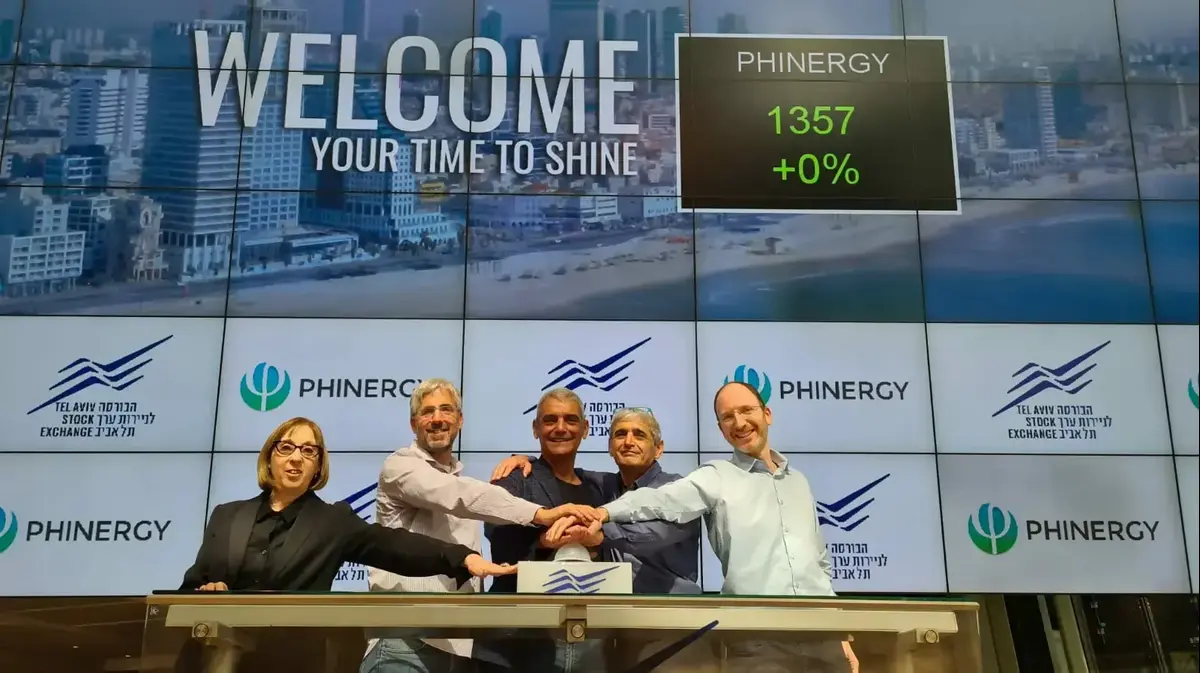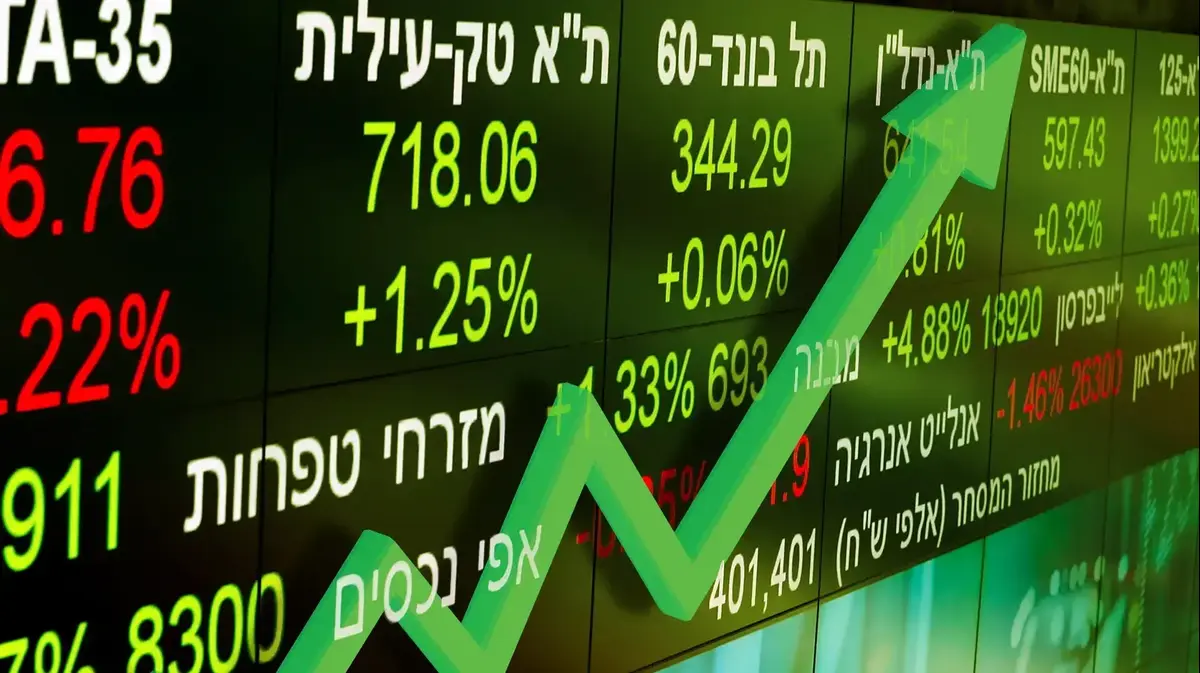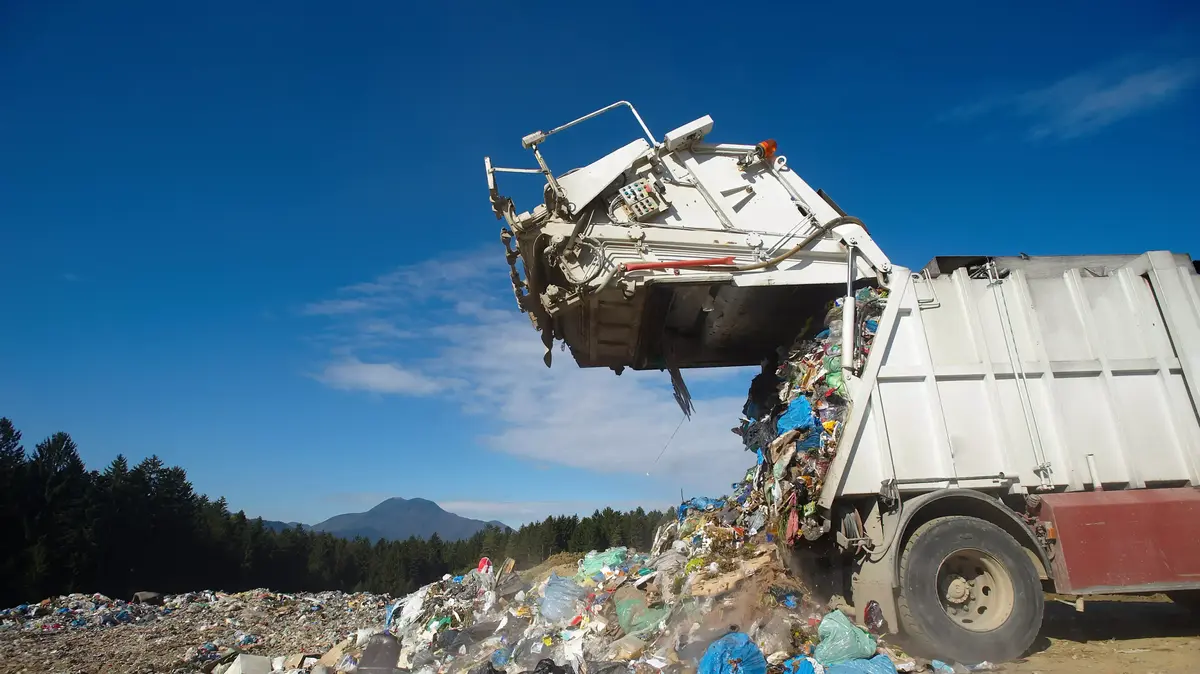Technology and energy, what happened to corporate stocks after the corona?
The energy technology companies traded on the Tel Aviv Stock Exchange flew up in the days of the Corona, but with the markets returning to normal activity, it turns out that investors prefer a quick profit over ideas for a greener and better future
Roast Greenberg
10/04/2022
Sunday, 10 April 2022, 11:32 Updated: 11:48
Share on Facebook
Share on WhatsApp
Share on Twitter
Share on Email
Share on general
Comments
Comments
The wave of green energy that hit the Tel Aviv Stock Exchange screens with the outbreak of the corona has retreated in recent months towards a red whirlpool of price declines, which has drawn about NIS 6.2 billion from the value of energy technology development companies traded on the Tel Aviv Stock Exchange (see table) over the past year and a half.
Investors, it seems, have lost investment energy in companies in the field, after the latter failed to generate significant revenue and as the investment spotlight shifted from growth companies, with the return of economic activity to routine.
The financial results of the 7 prominent companies operating in the field, which were examined by Walla!
Money, are not encouraging, and show continued relatively negligible revenues for 2021, if any, along with deepening losses, for most.
Out of the 7, the developer of the metal-air batteries Finerji alone managed to reduce its losses, which stood at about NIS 52 million for 2021, after it managed to reduce them by about 52.7% compared to the loss it experienced in the previous fiscal year.
Good to know (promoted)
Defeat the pain without fear: B-Cure laser in an unprecedented trial operation
Served on behalf of Bee Cure Laser
Shares of energy technology companies on the Tel Aviv Stock Exchange (Photo: Walla !, no)
Most of the air fell from the share of Augwind, which operates to store energy through compressed air and is traded on the Tel Aviv Stock Exchange worth NIS 492 million after its share lost about 82% of its price when the company reached a peak in early August 2020
. The companies examined, which stands at about NIS 2 billion since the peak value it climbed then stood at about NIS 2.5 billion.
The write-off constitutes about one-third of the total value deleted by the companies examined in the table, from their arrival at the peak value until the last date on which their share price was examined.
The write-off is not the only one led by the company, which also recorded the highest loss among the companies examined by us, which deepened by about 196% compared to 2020, and stood at about NIS 68.6 million in the fiscal year examined.
The loss was due to a sharp decrease in the company's revenues (see table) compared to the level of its expenses.
The company's administrative and general expenses increased to NIS 32.8 million in 2021 - an increase of about 271% compared to about NIS 8.8 million expenses a year earlier.
According to the company, the increase is mainly due to an increase in the number of employees in the management and administration, and includes share-based compensation for employees.
The addition of employees also increased research and development expenses by NIS 5 million, which amounted to NIS 14 million for 2021, and sales and marketing expenses, which amounted to NIS 15.6 million - an increase of 179% compared to NIS 5.6 million in 2020.
But despite the addition of employees, who were supposed to generate more revenue, the company's revenue actually decreased and stood at about NIS 1.7 million compared to about NIS 10.1 million a year earlier.
This is after a number of transactions did not materialize, along with a change in the estimate of revenues from the company's project in the city of Nesher.
The negative sentiment experienced by the company may be higher than the other companies examined, but it envelops the entire field.
The failure of Ogwind's financial statements to meet investors' expectations over the past year has certainly not contributed to pushing the company's stock up.
Finerji opens trading on the stock exchange, February 2021. The only one of the seven companies we examined, which managed to cut losses significantly (Photo: Yachz)
The companies operating in the field of energy technology development are growth companies, or in the other name - "Dream" company, and at this time they do not fulfill it.
The developer of the flexible solar sheets Apollo Power recorded the lowest rate of decline since its peak value reached in early August, which stood at about 47%.
But it is still a high rate that indicates, perhaps, the interruption of investors' viewing of augmented reality, and their transition to the reality of business results.
Apollo Power jumped to a record value of about NIS 2 billion, and at the end of the last trading day examined, it was traded at a value of about NIS 1.1 billion, after deleting about NIS 900 million from its value.
Its revenues in 2021 were only NIS 2 million, which increased by about 279.54% compared to meager revenues of about NIS 528,000 in 2020. The company posted a total loss of about NIS 34.3 million, after deepening from about NIS 13.6 million a year earlier.
This is despite Apollo Power's various reports on various business developments, including ordering work from Amazon, collaborations with Audi and Hyundai, and developing new products.
Compared to the relatively negligible revenues, the company's expenses for 2021 were relatively high;
The company's R&D expenses increased to NIS 22.9 million that year, compared with NIS 7.8 million a year earlier, and sales, management and general expenses almost doubled to about NIS 10.4 million for the same period.
The company noted in its reports that the increase in expenses The R&D is due to an increase in the number of employees from 9 to 27 R&D employees, and to expenses for product development, along with an increase of NIS 2.8 million in share-based payment. In
respect of share-based payment
, the company also noted that compared to the salary data for 2020, a reduction of about 20% in the salaries of its managers due to the corona crisis must be taken into account.
As long as the business results of companies in the field fail like start-ups in the beginning, it is likely that investors will close their wallets, and their share price will continue to fall.
But whoever makes significant progress accompanied by significant sales, may be able to direct the interest of investors again.
Of money
consumption
Financial decisions
Tags
Green technology
stock
Gains








/cloudfront-eu-central-1.images.arcpublishing.com/prisa/EEJSWJ3MT5C2LL4U4EDDVAF3FY.jpg)
